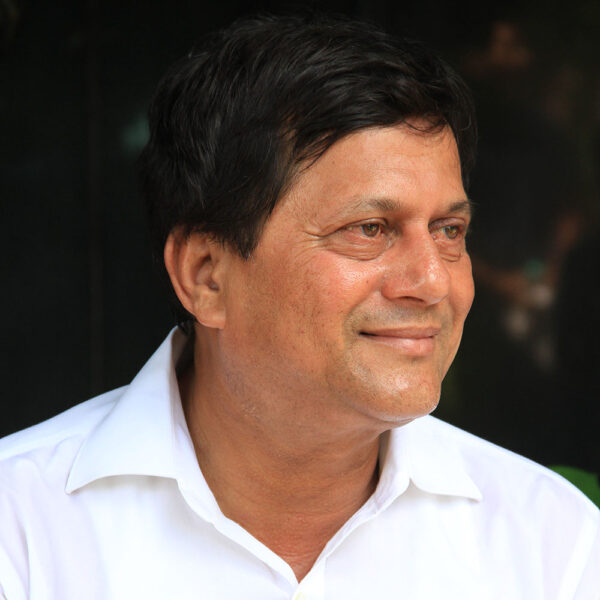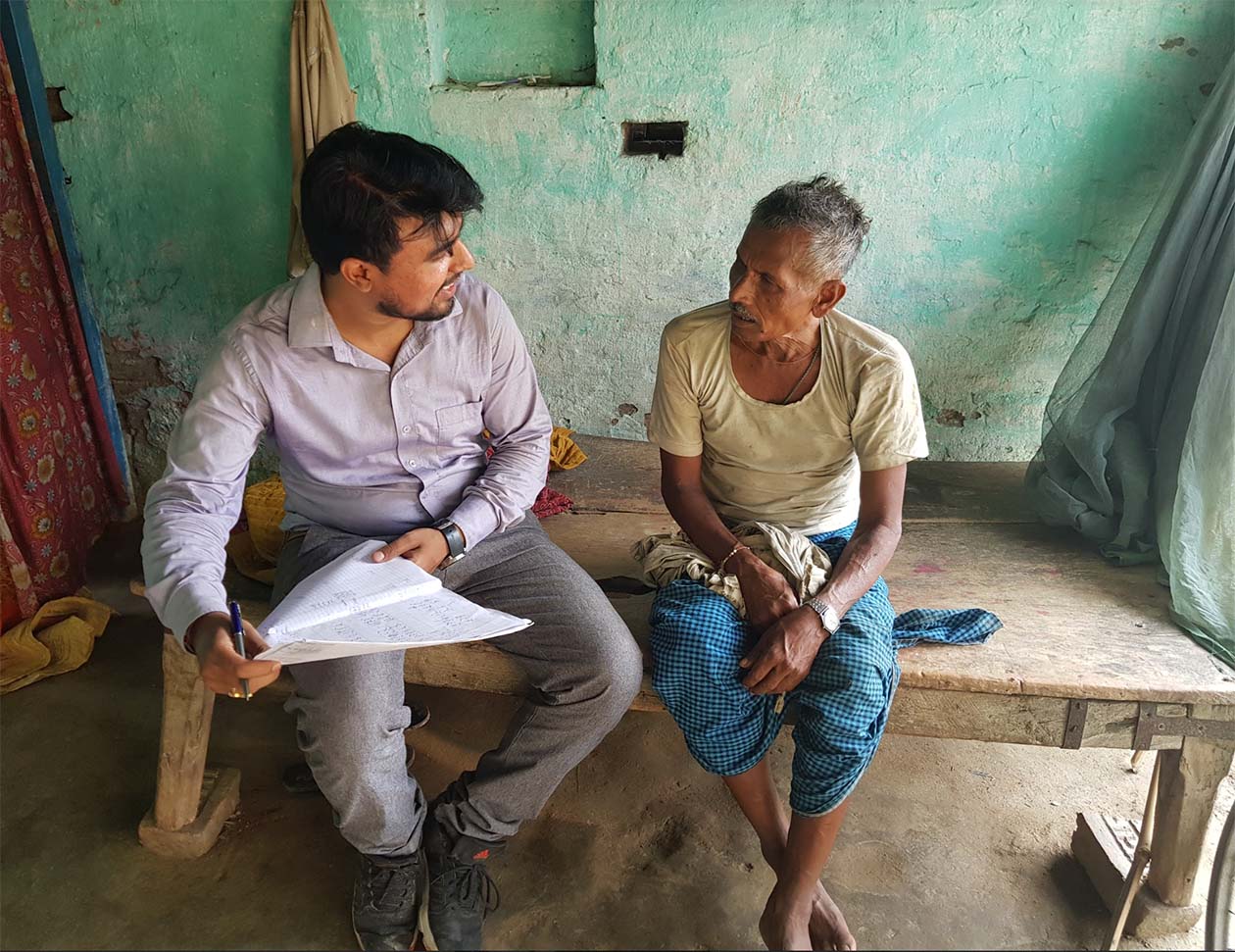These days all of us have been witnessing some innovative and unique MBA specialisations, and MBA in Rural Management is one of them. This specialisation is in high demand and has been gaining massive popularity in India, in particular, because our country’s economy is dependent on agriculture, and almost 60% of the population still lives in rural areas.
Therefore, it is essential to understand that the rural and backward regions can be improvised to reach a level of national development and to make India a developed country from a developing one. Thus, there is a need for nurturing professionals to render India one of the wealthiest economies in the world.
What is an MBA in Rural Management?
Individuals seeking to improve the standards of our rural areas by introducing development in them can opt for an MBA in Rural Management. This MBA specialisation caters to working on projects and models that can assist in developing a better focus on the country’s rural area. The MBA in Rural Management subjects emphasises the fact that one needs to develop an understanding of how things function and then bring a significant change in the system that affects the livelihoods of millions of people in India.
What is the Difference Between Rural Management and Rural Development?
There is a slight difference between Rural Management and Rural Development courses that every student aspiring to pursue this discipline should know.
- Rural Development– It is defined as enhancing the standard of life of rural people, including social, political, economic and spiritual development of the people living in rural regions who are deprived of basic facilities.
- Rural Management– This area includes the study of administering rural resources effectively. It includes planning and executing rural development programs that profit the rural livelihood.
Is Rural Management a Good Career?
Numerous multinational corporations are hunting for well-qualified professionals with MBA in Rural Management to cater to the rural management department’s goals of finance, marketing and human resources. Some of the rewarding professional avenues open to successful postgraduates are:
- Rural Development Officer
These professionals assist the Senior Program Manager in overseeing several works under the rural development program. This includes checking venture implementation progress, administering contracts and agreements, and administering. They are also responsible for overseeing the investment reports, assisting in payment transactions, and administration work, among others. - Research Officer
Research officers directly research ventures from the preliminary stages to the final stage. They correspond with associates and ensure that every commission and venture is set up as planned. They also assemble the information and report their findings to advisory groups or superiors. - Business Development Manager
These professionals are responsible for enhancing an organisation’s market position and achieving financial growth. They formulate an organisation’s long-term organisational and strategic goals, acknowledge business prospects, and establish client associations. They also supervise the prevailing market conditions and negotiate and seal business deals - National Sales Development Manager
These professionals ensure that an organisation’s sales expectations within the country are met. They also develop powerful techniques for promoting and marketing different products.
Get Trained to Transform the Country’s Rural Areas with KIIT School Of Rural Management (KSRM)
The MBA in Rural Management course at KIIT School Of Rural Management (KSRM) lets students learn from situations that are more complex than what can be created in the classroom. KSRM allows students to choose among the various projects offered by the school’s partner organisation. The wide areas of fieldwork include Agribusiness, Microfinance, Climate Change, Rural Finance, Banking & Marketing, Disaster and Natural Resource Management, Health, Livelihoods, Education & Corporate Social Responsibility and Rural Entrepreneurship.
Program outcomes:
- Apply knowledge of development and management theories and practices to offer rural, social, political and economic development and solve rural business problems.
- Foster analytical and critical thinking for evidence or data-based decision-making for rural problems.
- Develop value-based leadership capability to serve rural areas.
- Ability to understand, analyse and communicate global, legal, economic, and ethical aspects of rural development and rural business.
- Develop value-based leadership capability to serve rural areas.
Moreover, this unique specialisation program will assist you in identifying the current ongoing challenging scenario of rural areas. The MBA in Rural Management program will cater to the country’s demand by raising dynamic professionals who will be the perfect helping hands for economic development. The course opens up several government jobs for graduates. Students also get an opportunity to work in various non-government organisations (NGOs) where professionals can utilise their knowledge and explore the possibilities for the betterment of society.


